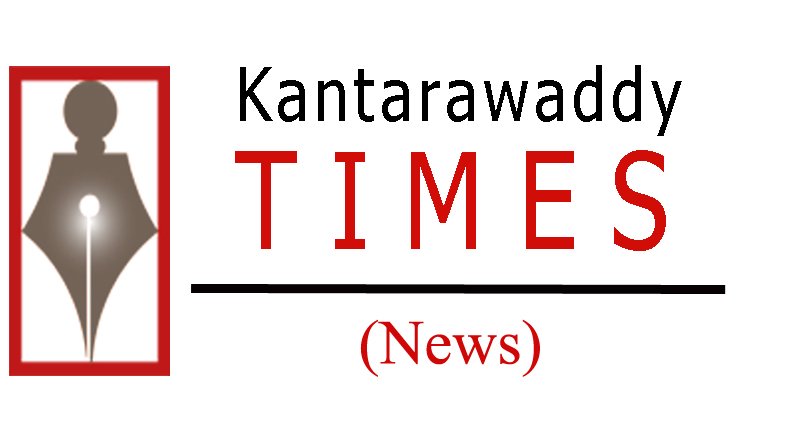By KARENNI THU & NAW DWAY EH KHU / KANTARAWADDY TIMES.
In Karenni State parliament this week, legislators and members of the government discussed the status of ongoing anti-drug efforts in the state, with the government being called out for not implementing previous agreements on the issue.
Parliamentarian Thein Aung, who represents Demoso Township Constituency 1, criticized the state’s lack of work to stop drug use.
“I am not satisfied with the performance of drug eradication efforts of the Kayah State government,” he told Kantarawaddy Times. “It’s not effective. Corruption still exists.”
The state’s Minister of Border Affairs—a position appointed by the military—said that the respective township authorities have been implementing a drug eradication program on the ground, including a monitoring process.
The government and the Karenni National Progressive Party (KNPP) agreed to cooperate to fight drugs when they signed a ceasefire agreement in 2012. In practice, this cooperation has been plagued by difficulties.
In his opening speech in the Eh Doh Paw Me festival, Shwe Myo Thant, the general secretary of the KNPP, said that the KNPP had reported drug trafficking cases to the respective authorities, but that they had not been arrested. The KNPP then took the situation into their own hands and tried to apprehend the alleged traffickers.
“They told us to give them information,” Shwe Myo Thant said of the government. “If needed, they would go to arrest drug traffickers. So we reported drug trafficking cases to them, but they didn’t arrest them. So we went to arrest the drug traffickers,” he explained in the public speech.
According to Shwe Myo Thant, the drug trade is largely centered on the border between Karenni and Shan states, beyond the Karenni State government’s control. KNPP patrols the area, but the Burma Army has reportedly called on the KNPP to retreat.
Speaker of the Karenni State parliament Hla Htwe also spoke at the festival, stating that the responsibility to fight drugs belongs to everyone, and is a “national duty.”
“Even if our children are not drug addicts, we have to think about next generation. Therefore, I would like to request that all people to participate in the process of drug eradication as a national duty,” he said.
Burmese President Win Myint gave a speech urging a similar message in June, on the International Day Against Drug Abuse and Illicit Trafficking on June 26. He said there were “no excuses” for drug cases, and called on all executive bodies in the state and regional governments to fight drugs.


